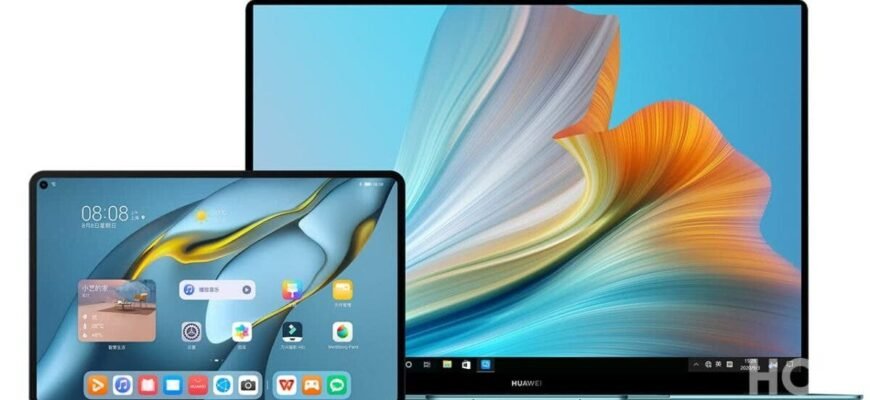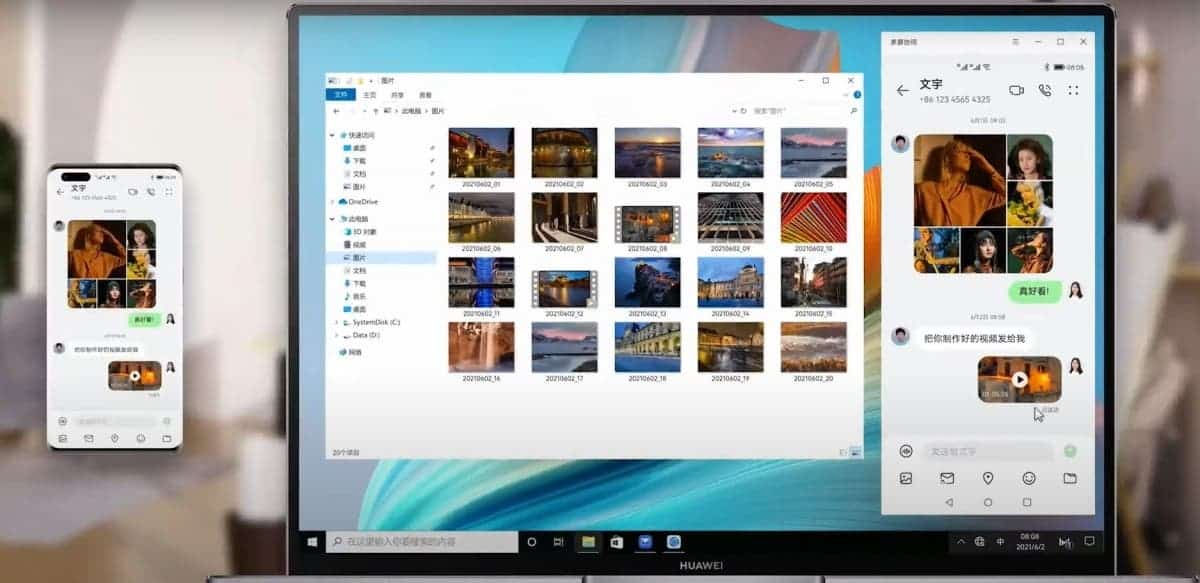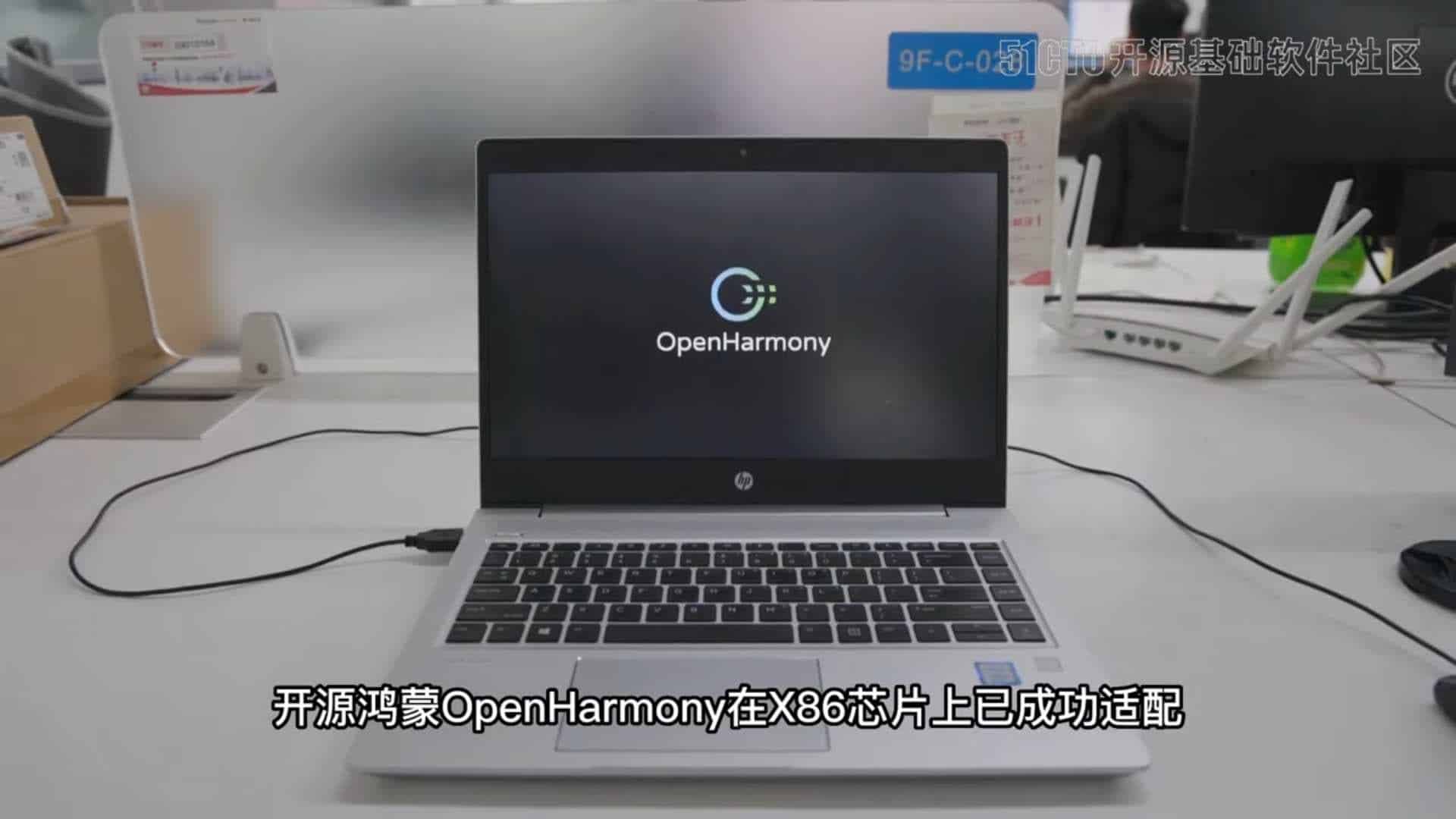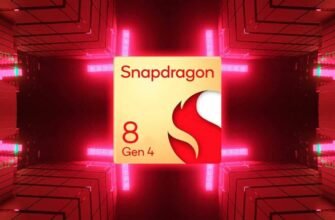Wang Chenglu, CEO of Shenzhen Kaihong Digital Industry Development in China, made an important announcement. This announcement could change the personal computer industry. He showed that HarmonyOS coming soon for PC. This is a noteworthy development as HarmonyOS, originally developed by Huawei, is now expanding beyond smartphones and other devices.
Wang Chenglu's story about Huawei and HarmonyOS
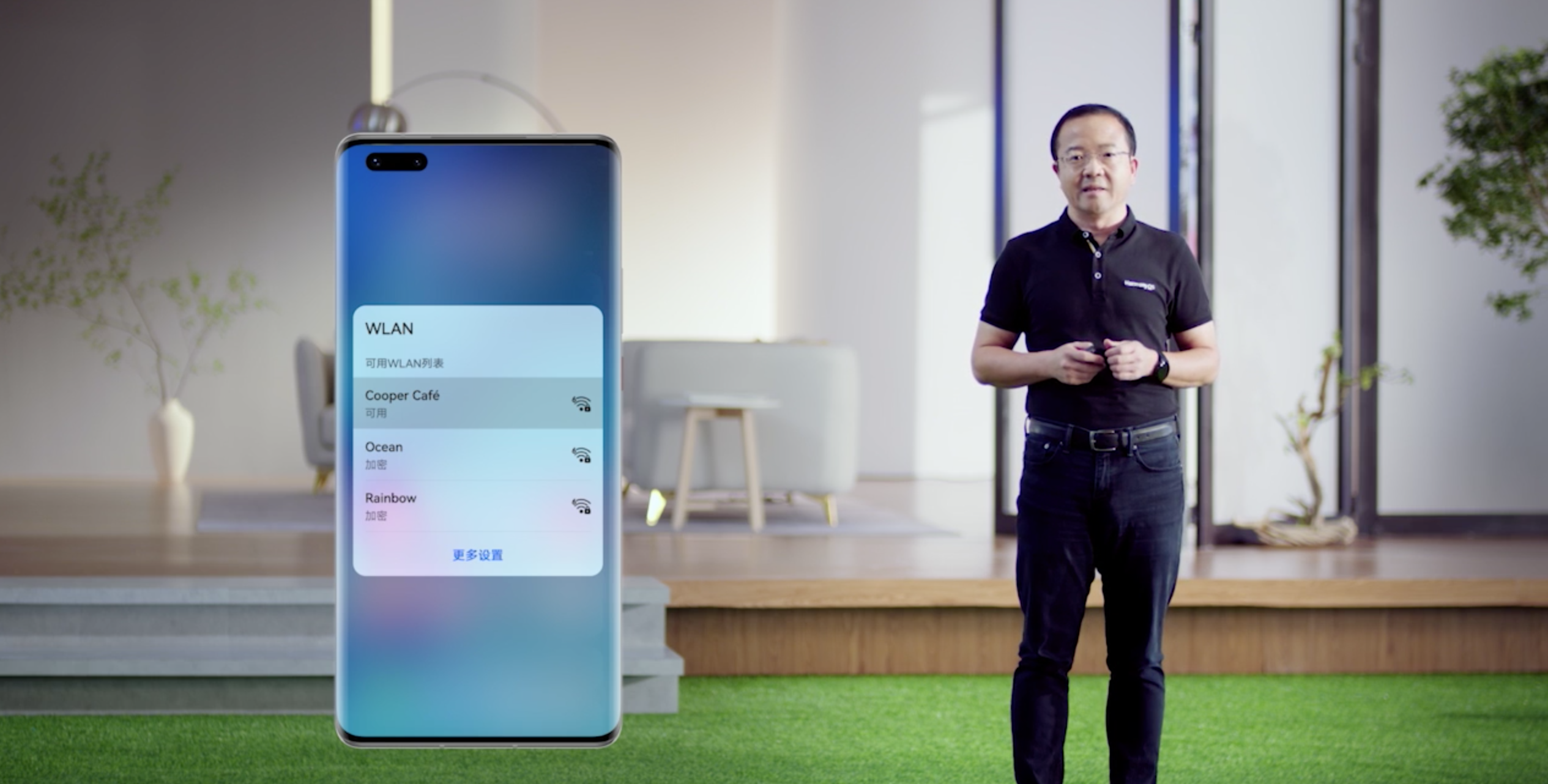
It is worth noting that Wang Chenglu has experience at Huawei. He previously held the position of President of Huawei Consumer BG Software Development Division. He was also the Director of the Artificial Intelligence and End-to-End Scenario Analysis business unit. His statement suggests that HarmonyOS will have a significant impact on personal computers, offering an alternative to traditional PC operating systems.
Wang Chenglu's impressive track record dates back to the early days of Huawei software development. He is known for his key role in the creation of HarmonyOS. It is a universal operating system designed to work on a wide range of devices, as well as EMUI, Huawei's user interface for its smartphones. His contribution played a significant role in shaping the software landscape of Huawei products and beyond.
It is worth noting that last year, Wang Chenglu made a significant career move by leaving Huawei. His departure from Huawei was due to the desire to dive deeper into the development of HarmonyOS technologies. He joined Kaihong Digital, a company specializing in Internet of Things operating systems. At Kaihong Digital, he is actively engaged in research and development related to HarmonyOS. The move underscores his commitment to the further development of HarmonyOS and its potential in the IoT (Internet of Things) sector.
So far, Wang Chenglu has not given a specific launch date for HarmonyOS for PC. Also, it remains unconfirmed whether this new version of HarmonyOS for PC will be developed and released by Huawei or by members of the open source community. However, sources say that next year could be a good opportunity to release HarmonyOS for PC. Stay tuned as the development and release of HarmonyOS for PC continues.
How does HarmonyOS adapt?
HarmonyOS, introduced in 2019, was presented as a universal operating system designed to work on a wide range of devices. A special feature of HarmonyOS is that it is based on a multi-device multi-framework architecture. This unique approach makes HarmonyOS not only versatile, but also user-friendly. It allows you to use it seamlessly on different platforms and devices.
When Huawei first launched HarmonyOS, it was intended primarily for use on smart TVs. However, in 2020, Huawei expanded the range of supported platforms to include smartphones, tablets, smart clothing and even “smart” cars. This extension greatly expanded the scope of HarmonyOS, making it compatible with a variety of devices. As a result, HarmonyOS has been widely used in various industries and applications.
In 2021, Huawei began extensive research to add new features and improve the performance of HarmonyOS on all devices it supports. This commitment to continuous improvement underscores Huawei's commitment to providing a high-quality user experience.
In addition, in the same year, Huawei took an important step by introducing an open source version of HarmonyOS. The Chinese technology company calls it “OpenHarmony”. This open source initiative enables collaboration and input from the broader developer community, fostering innovation and further development of HarmonyOS beyond Huawei's own efforts. This is a step towards making HarmonyOS more accessible and adaptable to a wider range of devices and use cases.
Huawei still uses the Windows operating system on its laptops
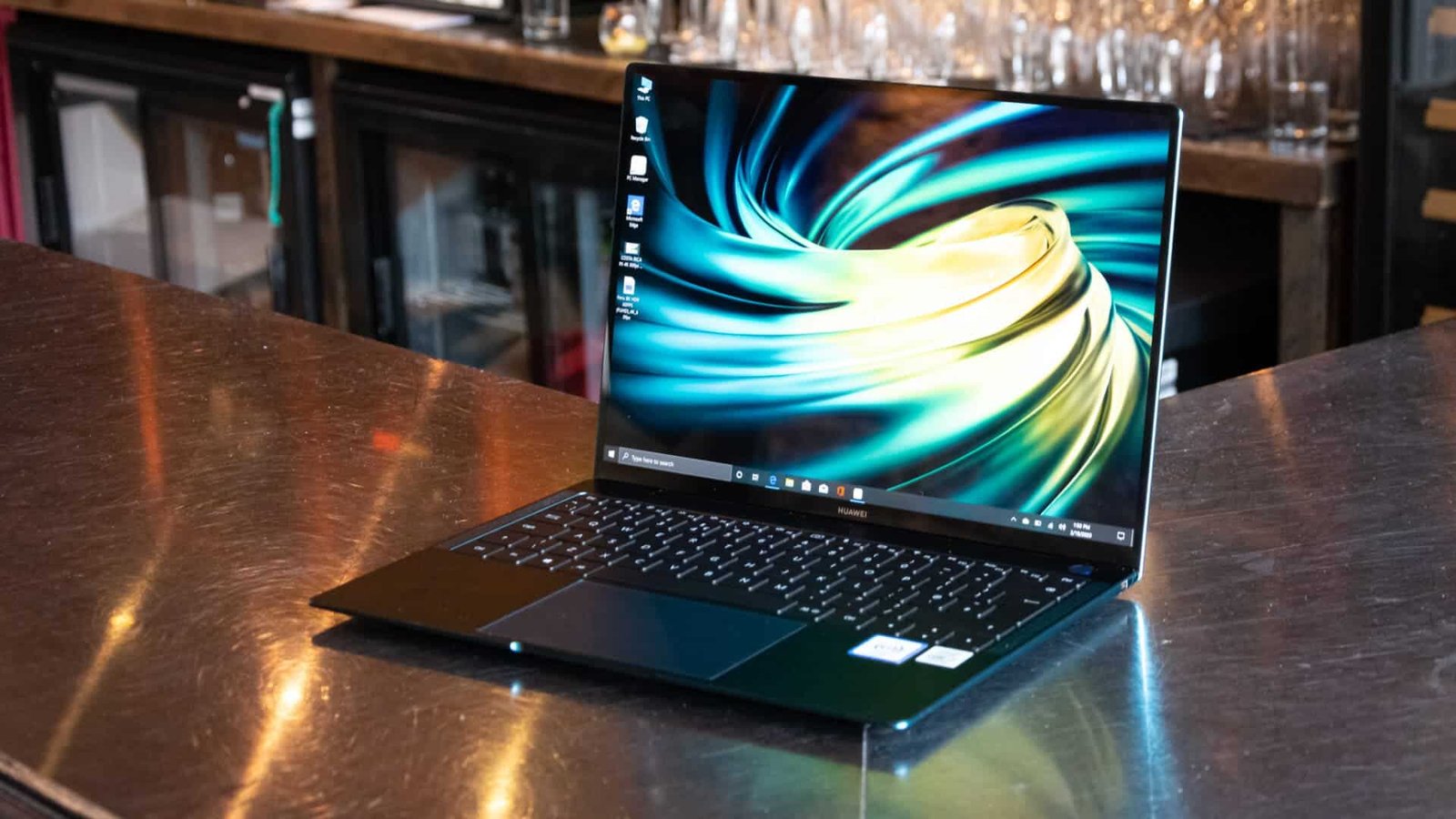
Despite the active development and deployment of HarmonyOS to various devices, Huawei has decided not to install HarmonyOS on its MateBook laptops. This decision is probably related to the fact that Huawei still has access to Microsoft's Windows operating system, despite certain restrictions imposed on the company by the US government. Thus, Huawei can continue to offer its laptops with the latest version of Windows OS both in China and in the international market. This strategic choice allows Huawei to maintain a familiar and widely accepted operating system for its notebooks, while continuing to explore the possibilities of HarmonyOS in other device categories.
Indeed, Huawei's decision not to load HarmonyOS on its PC devices such as the MateBook notebooks is likely due to the fact that the company continues to work with Microsoft's Windows operating system, which is a popular and established choice for PC users. However, Huawei remains committed to developing HarmonyOS as a universal operating system for various devices. This includes smartphones, tablets, wearables and IoT applications. Although the company currently has no plans to deploy HarmonyOS to PCs, Huawei sees the potential of HarmonyOS in its home market and continues to work on its development and adaptation for various scenarios. This approach allows the company to have a reliable and flexible software ecosystem for both its domestic and international customers.
How will Huawei implement HarmonyOS for PC?
Huawei may choose a strategy where it uses HarmonyOS for PCs in its home market, China, while continuing to offer Windows for its laptops in the global market. This approach is consistent with the current strategy in the smartphone ecosystem, where the company uses HarmonyOS for its domestic smartphones and supports another OS, such as Android, for the global market.
By adopting this strategy, Huawei can satisfy the specific preferences and needs of its domestic market while providing a familiar and widely accepted operating system such as Windows to international customers. This allows them to leverage the versatility of HarmonyOS and maintain a strong presence in both domestic and global markets.
We look forward to more updates and exciting news regarding the release of HarmonyOS on the PC platform. Follow the developments in this field. We will be here to keep you up to date with the latest news. If you have any questions or need further updates in the future, feel free to leave them in the comments section.
